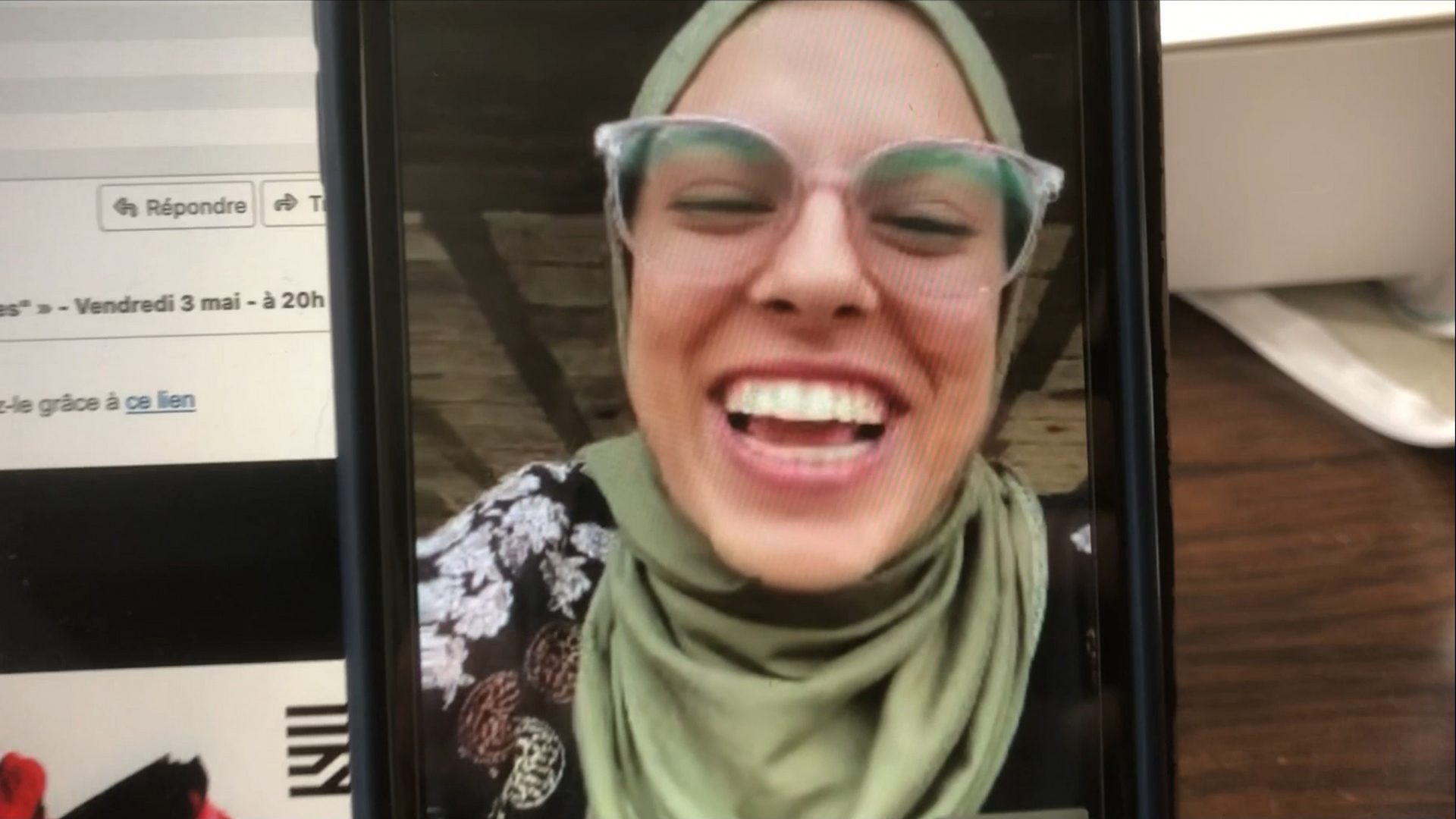Bearing Witness in the face of Media Blackout
PANEL DISCUSSION How to document the reality on the ground when reporters are systematically barred from accessing it?
MI 16.7, ACUD Studio
Doors: 18.30H
Start: 19H
With Israel blocking International press access, Gaza's journalists and filmmakers have become essential witnesses – and paid a heavy price for it. In this conversation, we explore the role of local and western journalists and filmmakers in challenging enforced silence, and the emotional, ethical, and logistical complexities of bearing witness about inaccessible grounds – when the journalism quest for truth becomes a battle of its own.
The Gaza blockade on international press has left Western journalists struggling to inform impartially on a ground they can’t access. For too long they relied on Israel’s narrative as their only source, amid highly emotional domestic politics. In this context, Palestinian journalists have slowly imposed themselves as their Western colleagues’ eyes and ears in Gaza, and paid a high price for it. Israel has killed (and sometimes targeted) 220 media workers since October 2023, making Gaza the deadliest conflict for journalists in the world today, according to Reporters Without Borders (RSF).
At the heart of this reality stands the fate of the young Gaza photojournalist Fatma Hassouna whose determination and courage are the subject of Sepideh Farsi’s “Put Your Soul on Your Hand and Walk”. Hassouna was killed by an Israeli strike one day after the film’s selection at the Cannes Film Festival, but her testimony survives — through her photography and through Farsi’s documentary. This stresses the power of filmmaking as a critical tool in breaking through imposed silence. The collection of Gaza-made short films “From Ground Zero” is another instance of cinema of urgency, defying media blackouts through raw, firsthand depictions of inaccessible realities.
PANEL : The panel kicks off with an exclusive visual presentation of Hassouna’s photowork, as Sepideh Farsi shares intimate details of her collaboration with Fatma Hassouna. Researcher Aurélia Kalisky (Centre Marc Bloch) will contextualize the tactics of silencing war crimes and how film, including fiction, can defy dominant narratives and producer and scholar Iris Neidhardt (Mec Film/“From Ground Zero”) will the power of cinema of urgency in war contexts. Meanwhile, Middle-East Editor Lisa Schneider (taz), and Christopher Resch (Reporter Ohne Grenzen) will discuss the ethical and logistical challenges of reporting on Gaza, and the Western media’s work with Gaza journalists.
The conversation is curated and moderated by Nadja Vancauwenberghe who reported the Second Chechen War despite the Russian media blackout and currently coordinates a transnational investigation on the media and Gaza.
Our goal is to share knowledge and collectively reflect on how, in an age defined by global digital networks and real-time information flows, the total erasure of war crimes, crimes against humanity, and other forms of state violence is no longer possible. As seen in Gaza today, victims can document and share their own stories through social media, bypassing traditional gatekeepers. This marks a stark contrast to conflicts of the pre-digital world, like the Second Chechen War, where banning journalists truly meant no images, no news — leaving crimes shrouded in silence.
